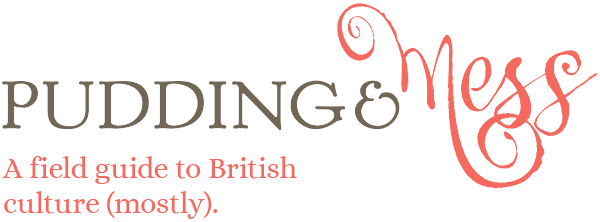By Its Cover is a series of posts wherein I read a book based solely on my love of the cover. No reading the jacket, no checking reviews!
Oh, the sheer elegance of this cover. The soft taupe with the pale blush of the flower punctuated by that classic red lip and nail and just a hint of sparkle. Divine. This lady is the embodiment of southern sophistication — all put-together calm and good breeding.
So what is this cover telling me? Well, I think it’s safe to say that Charleston is a major character. I’m thinking love story set in high society. Something involving social mores…facade versus reality. Deception, perhaps? The writing will be quiet but droll with a subtle bite because if you’re familiar with southerners you’ll know that they seem to have retained just the tiniest hints of the English dry humour and there can often be a touch of acid to their carefully chosen words.
This is the story of Eliza Poinsett, a Charleston native who now lives in London and works as an art historian. Currently in a relationship with upper crust Englishman Jamie, she has a chance encounter with former flame Henry, whom she hasn’t seen in over a decade.
Shortly after this, Eliza returns to Charleston for her stepsister’s debutante ball (and there’s my high society!) and begins to spend time with Henry, who owns a newspaper and has a young son from a failed relationship.
As she drifts into a tenuous relationship with Henry, Eliza contemplates her deep roots in Charleston and old love for Henry, as opposed to the freedom she has found living in cities like New York and London and the new relationship she has with Jamie. The pull of the past, the power of place. Unfortunately, Jamie’s character and the relationship Eliza has with him is so underdeveloped that there is no real tension created to make you care as to which one she might ultimately pick.
And the relationship she has with Henry has no real magic to it either. They plod along on endless walks and drives and trips to the beach. Nothing really happens, although it does add a rather lazy, languid feel in keeping with a sultry, humid southern summer. The problem I had is that the writing isn’t quite lyrical enough to elevate the ordinariness into something special and it all feels rather tedious after a while.
There is some art talk as Eliza completes work she brought with her from London and an interesting subplot as she tries to determine the provenance of a painting. This does help to add some richness and depth to the story.
Two thirds in Henry’s ex and mother of his child shows up which finally creates some tension and ten pages from the end a bombshell is dropped, quite out of the blue with not a hint of foreshadowing. It feels contrived.
And what of the other main character in the book — Charleston? Well, I think that was the biggest disappointment of all. If you’ve ever been to Charleston, you’ll know it as a wildly romantic city. The lushness of all those flowers spilling out of window boxes, secret gardens tucked into little corners and the old world drama of the houses. It’s so steeped in southern elegance and history that I always expect Scarlett O’Hara to coming running out of a doorway at any moment. I know, wrong city, but you get my point.
Unfortunately, for me, the book failed to evoke any sense of this atmosphere. Instead, most talk of Charleston revolves around walking down this street to that street and turning left or driving past such and such a building. It’s more a laundry list of places and things than inviting the city to play an interesting and complex character.
Now, this certainly isn’t a terrible book and if you happen to be visiting Charleston and enjoy reading books about your destination, it might be worth giving it a go. For me, however, it fell as flat as the Low Country it is set in.

